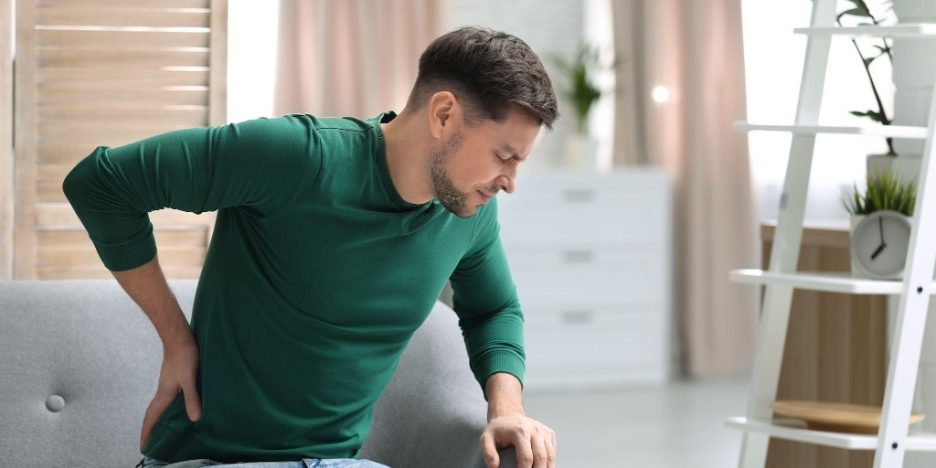Approximately five to twenty cases of herniated discs occur among adults annually, most commonly among ages 30 to 60. If you’re struggling with back pain due to a herniated disc, you need to be aware of the symptoms associated with this condition.
A herniated disc can be a harrowing and aggravating experience, so understanding how to identify it can help ensure that you get the care and treatment needed as soon as possible.
As your trusted healthcare provider, Texas Neuro-Spine Surgery’s goal is to provide helpful information and show that we are here for support should any questions or concerns arise about such a significant health issue.
What is a herniated disc?
Herniated discs result from damage to the annulus fibrosus within the disk which makes the nucleus pulposus protrude. Consequently, nerves and the spinal cord can be compressed, resulting in pain and dysfunction.
It occurs when the tougher outer layer of the disc tears, causing the soft inner portion to bulge out. As a result, pressure is placed on nearby nerves, causing pain. A herniated disc can occur in any part of the spine but is most common in the lower back.
Symptoms of a herniated disc
Knowing what signs to look for and seeking medical advice from a healthcare provider can assist in determining if this condition could cause the source of your discomfort—and which treatment plan will work best for you.
Here are some of the signs and symptoms that result from having a herniated disc, not just within your neck or lower back but also throughout other parts of the body.
Back pain
The disc is located in the spine, and when it becomes herniated, it presses against the spinal cord or the nerves that branch off it. This pressure can cause pain in the back, numbness, tingling, or weakness in the legs or arms. This pain can range from mild to severe and may be localized to the affected area or radiate outward. Additionally, the pain may worsen with specific activities, such as bending or lifting, and may be relieved by rest or lying down.
Numbness
This numbness can occur in the affected area or other body parts, depending on where the herniated disc is located. This can happen when a herniated disc compresses the spinal cord or the nerves exiting the spinal cord. An unusual sensation may travel along the nerve, causing symptoms to be felt in the arms or legs. Numbness may also worsen after long periods of sitting or standing.
Muscle Weakness
Herniated discs can cause muscle weakness in the affected area or other body parts, depending on their location. Herniated disks press on nerves, causing muscles attached to these nerves to become weak. The weakness of muscles may also be worsened by certain activities, such as stumbling when walking or climbing stairs.
Don’t let a herniated disc sideline you.
You don’t have to live with a herniated disc. A herniated disc can sideline you from the activities you love, but there’s no need to suffer in silence. Texas Neuro-Spine Surgery offers world-class care for patients with herniated discs so you can get back to your life sooner.
We understand that a herniated disc can cause immense pain and frustration, and Dr. Chris Michael will tirelessly get you back on your feet. We offer various treatment options, so you can choose the one that’s best for you. And our compassionate staff will support you every step of the way. Contact us today to schedule an appointment!







